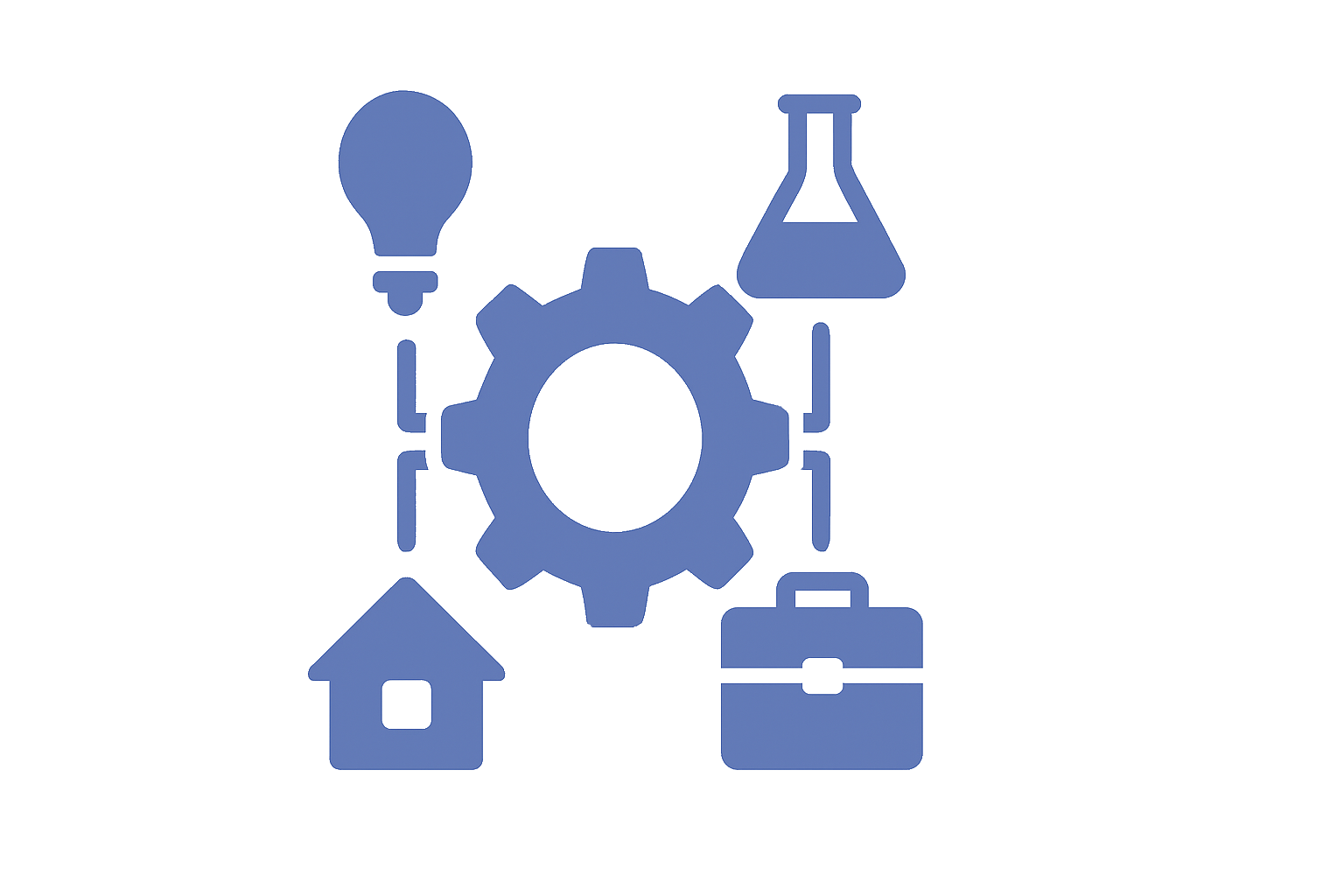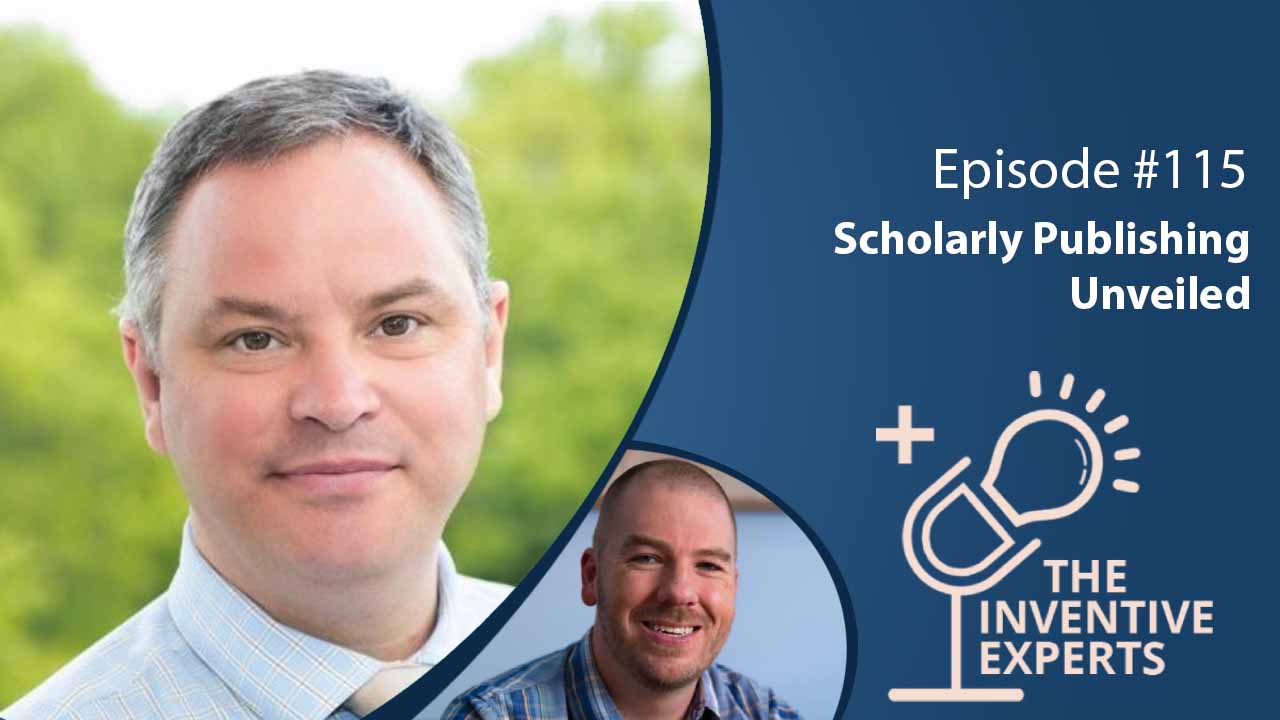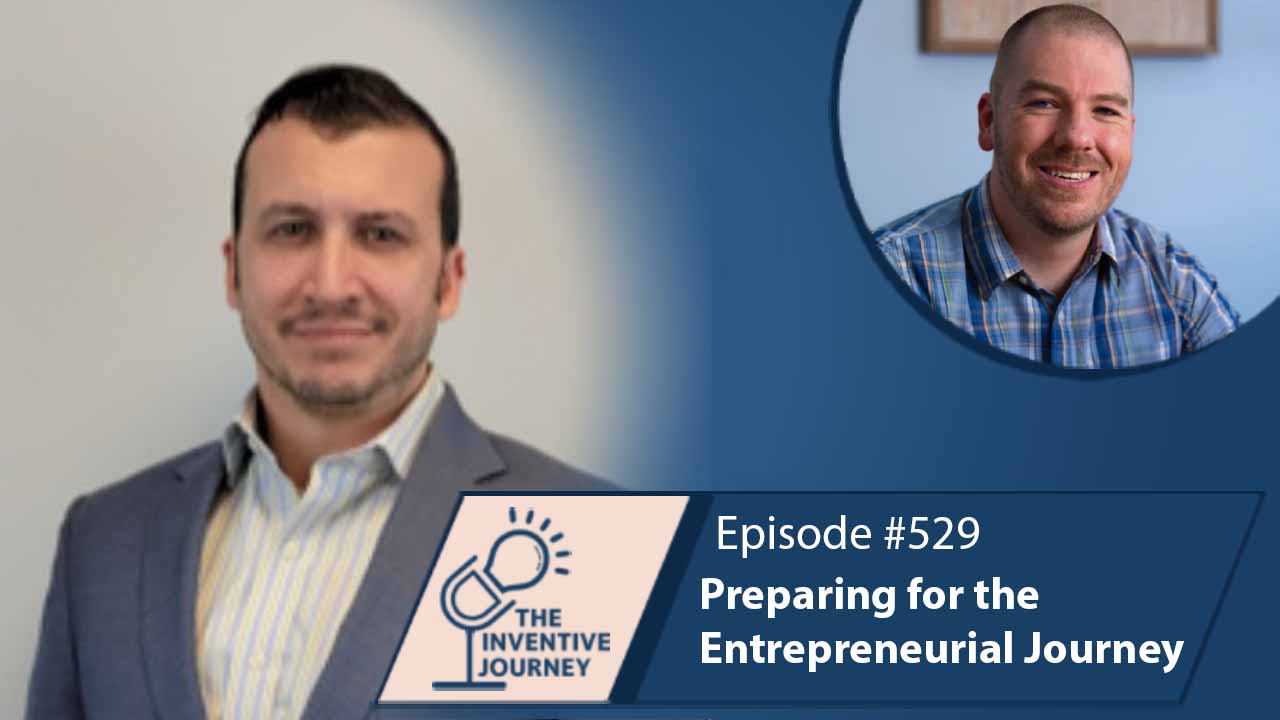Experience | Expertise

Experience | Expertise
The Inventive JourneyEpisode #546Take the First Stepw/ Andrew Denton What This Episode Talks About: How To Manage Business & Self I have a lot of advice to...
The Inventive FounderEpisode #5Improving Financial Focusw/ Scott Markman What This Episode Talks About: How To Manage Business & Self I want to get better at understanding and...
The Inventive JourneyEpisode #545Guiding Business Principles'w/ Tavi Gallego What This Episode Talks About: How To Manage Business & Self My business principles revolve around honesty, integrity, customer-centricity,...
The Inventive JourneyEpisode #544Finding Your Business 'Why'w/ Adam David Jones What This Episode Talks About: How To Manage Business & Self Why start a business? Running one...
The Inventive ExpertEpisode #118Rethinking Franchise Sales Challengesw/ Mark Siebert What This Episode Talks About: How To Manage Business & Self One of the industry's major myths is...
The Inventive JourneyEpisode #543The Power of Kindness in Life and Businessw/ Brian McGinnis What This Episode Talks About: How To Manage Business & Self Kindness matters in...
The Inventive FounderEpisode #4Strategic Partner Screeningw/ Slava Podmurnyi What This Episode Talks About: How To Manage Business & Self I would scrutinize potential partners much more thoroughly....
The Inventive JourneyEpisode #542Embrace Action: Start Without Overthinkingw/ Scott Buell What This Episode Talks About: How To Manage Business & Self Don't overthink it; just start. Many...
The Inventive JourneyEpisode #541Believe, Persist, Succeedw/ Lexis Serot What This Episode Talks About: How To Manage Business & Self When I saw this, you know how strongly...
The Inventive ExpertEpisode #117Dispelling VR Myths: Beyond the Futurew/ Anatolii Landyshev What This Episode Talks About: How To Manage Business & Self The prevalent misconception revolves around...
The Inventive JourneyEpisode #540Curiosity and Adaptability in Startupsw/ Eric Schaffner What This Episode Talks About: How To Manage Business & Self In the context of startups and...
The Inventive JourneyEpisode #539Unlocking Potential with Your Kolbe Scorew/ Richard Canfield What This Episode Talks About: How To Manage Business & Self I highly recommend that everyone...
The Inventive JourneyEpisode #538Navigating the Zigzag Path to Successw/ Matthew Britt What This Episode Talks About: How To Manage Business & Self Achieving success isn't a straightforward...
The Inventive ExpertEpisode #116Challenging Notions: The Genesis of Innovationw/ Justin Evans What This Episode Talks About: How To Manage Business & Self The primary misconception at hand...
The Inventive JourneyEpisode #537Apprenticeship: Smart Business Startw/ Riggs Eckelberry What This Episode Talks About: How To Manage Business & Self Learning through apprenticeship can yield significant benefits....
The Inventive JourneyEpisode #536Success through Excellence and Relationshipsw/ Andrew Murdoch What This Episode Talks About: How To Manage Business & Self Excelling in your field and fostering...
The Inventive JourneyEpisode #535Harnessing Community for Business Growthw/ Ryan George What This Episode Talks About: How To Manage Business & Self Build a network and understand that...
The Inventive ExpertEpisode #115Scholarly Publishing Unveiledw/ Matthew Salter What This Episode Talks About: How To Manage Business & Self Considerable misconception surrounds scholarly publishing, where the erroneous...
The Inventive JourneyEpisode #534Unforeseen Realities of Pursuing Successw/ Adam Conner What This Episode Talks About: How To Manage Business & Self I would suggest that regardless of...
The Inventive JourneyEpisode #533Essential Advice for Starting Strongw/ Ramin Sedehi What This Episode Talks About: How To Manage Business & Self The counsel I offer to the...
The Inventive JourneyEpisode #532Nurturing Success: Advice for New Venturesw/ Micah LaCerte What This Episode Talks About: How To Manage Business & Self The most significant piece of...
The Inventive JourneyEpisode #531The Power of Family and Supportive Networksw/ David Burchfield What This Episode Talks About: How To Manage Business & Self Ensure that both your...
The Inventive JourneyEpisode #530Business Success: Overhead, Focus, Identityw/ Craig Wolfe What This Episode Talks About: How To Manage Business & Self Persistently echo the importance of managing...
The Inventive JourneyEpisode #529Preparing for the Entrepreneurial Journeyw/ Ari Leeds What This Episode Talks About: How To Manage Business & Self Get ready to handle a multitude...
The Inventive JourneyEpisode #528Revisiting Your Purpose: Vital for Business Growthw/ Adrian Dahlin What This Episode Talks About: How To Manage Business & Self For aspiring entrepreneurs starting...
The Inventive JourneyEpisode #527Valuing Your Unique Contributionsw/ Brian Weathers What This Episode Talks About: How To Manage Business & Self Appreciate your own experiences and acknowledge the...
The Inventive JourneyEpisode #526Embrace Change: Pivot to Successw/ Karina Muller What This Episode Talks About: How To Manage Business & Self My favorite piece of advice, which...
The Inventive JourneyEpisode #525Accelerating Growth through Delegationw/ Skye Logan What This Episode Talks About: How To Manage Business & Self Personal development is important, but don't let...
The Inventive JourneyEpisode #524Building Your Brand: It's Who Knows Youw/ Bill Lodzinski What This Episode Talks About: How To Manage Business & Self In terms of networking,...
The Inventive ExpertEpisode #114Essential Resources for Early Profitabilityw/ Angela Mulrooney What This Episode Talks About: How To Manage Business & Self A common misconception is that it...

































